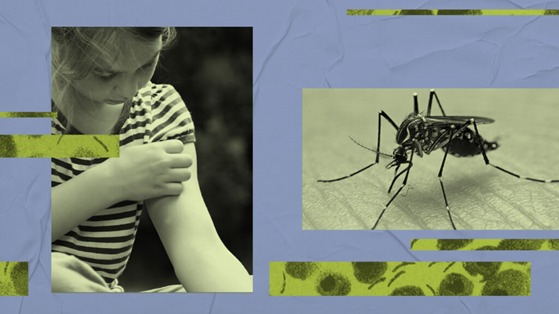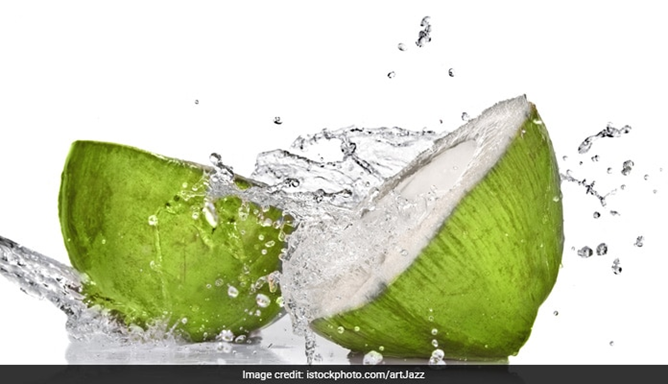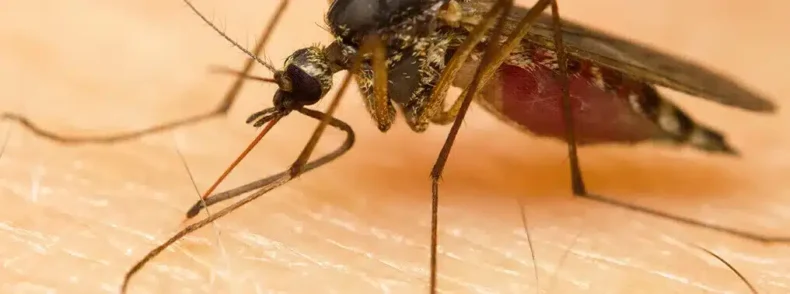Dengue is a viral infection caused by a pathogen released into the blood of a person when a mosquito bites them, the mosquito bites a person to take blood for the nourishment of their foetus and altogether releases a pathogen in the blood that causes dengue infection.
It can be a life-threatening condition if not treated at the right time, this infection causes a severe downfall in the platelet count of the infected individual, which is crucial for the survival of a human.
The downfall seen per day is usually in thousands, while a normal human needs a minimum of 1 lakh 50 thousand platelets.

Cases Of Dengue In India
 in India is raising day by day and each year India receives this dengue season where we see a high number of dengue cases on an everyday basis. This time India is seeing more than usual amounts of cases in a few districts.
in India is raising day by day and each year India receives this dengue season where we see a high number of dengue cases on an everyday basis. This time India is seeing more than usual amounts of cases in a few districts.
The late approach of monsoon brought along the dengue season, and India encounters an average of 80,000 cases and 60 deaths, reported in 12 states, says a report by the National Centre for Vector-Borne Diseases Control.
In India, the dengue variant DENV-2 serotype is predominant according to a senior scientist at the National Institute of Virology. The last year’s dengue season saw more fatality rate in children and young adults, and this season came up with more fatality rate in adults. DENV-2 is causing a high fatality rate where 60 deaths have already been confirmed pan-India.
Hospitals are running out of beds and ICUs as the cases continue to increase. The facilities and hospitality are provided for those whose platelet count is going below 60,000. The ones whose platelet count is stable and is above 60,000 are said to be home quarantined.
More than 75 percent of dengue cases have been reported after July this year, the condition is said to be in control. It has been seen that the government has raised its awareness after the report of 60 deaths across India.
Kerala has seen the most cases in India, out of the 60 deaths, 20 is reported in Kerala all by itself.
Prevention From Dengue
1. Wear the right clothes
Wearing full sleeves is one of the most effective ways to prevent mosquito bites and hence prevent dengue. No bites is equal to no dengue.
2. Stay indoors at peak times
Staying indoors at mosquito peak timings like dawn and night can let you be on the safer side of this mosquito/dengue season.
3. Choose the right mosquito repellent
Use coils, insecticides, or even mosquito-repellent creams inside your home. Stay safe even indoors.
4. Get out of reach of those mosquitoes
Use mosquito nets while sleeping and use screens on windows and doors to prevent being in contact with these deadly mosquitoes inside your house.
5. Don’t let them spawn
Open clean waters are a boon to the growth of these mosquitoes, avoid their spawning by covering these water containers.
Extras
Foods to eat if you’re diagnosed with dengue, these food items help in the increase of blood platelet levels.

1. Coconut Water
2. Pomegranate
3. Herbs
4. Wheat
5. Whole grain oats
6. Green leafy vegetables
7. Papaya leaf extract
8. Giloy water
9. Broccoli
If your platelet level is going down, avoid having anti-biotics and painkillers as they result in a decrease in the number of platelets, if your doctor has suggested you, talk it out to them and get informed about everything you consume.
NOTE: Dengue is not a communicable disease you can stay in safe proximity with your loved ones!
Stay hydrated!
Article by Varnika Jain
Also Read: Heart Health













